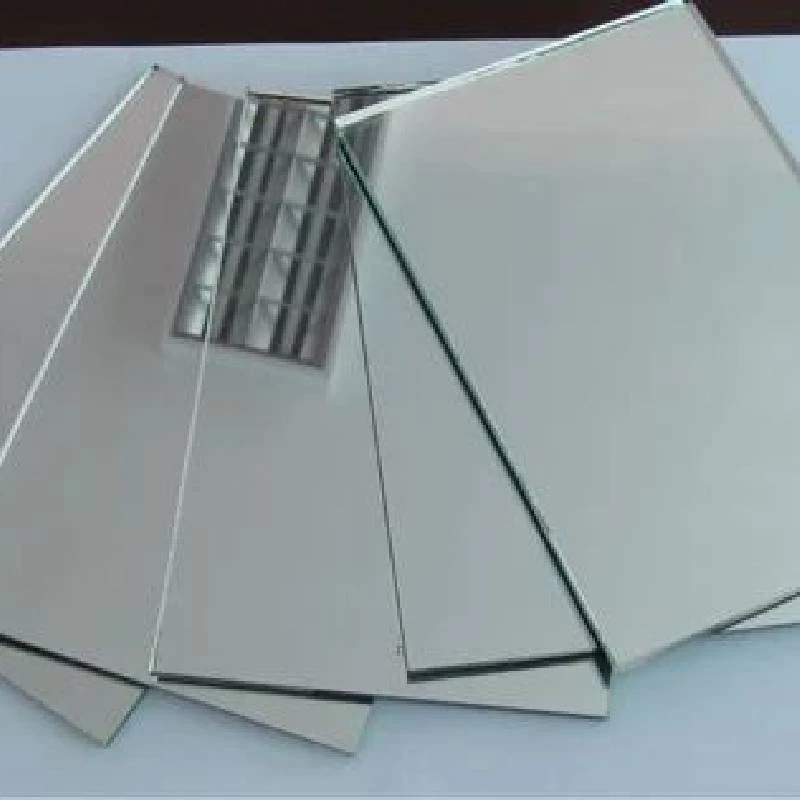

The Impact and Applications of Float Glass Panels
Float glass panels have revolutionized the construction and manufacturing industries, offering a versatile and practical solution for various applications. This type of glass is produced through a unique process involving the float method, where molten glass is floated on top of molten tin to create a smooth, flat surface. This manufacturing technique ensures that float glass panels are uniform in thickness and free of distortions, making them ideal for multiple uses.
One of the primary advantages of float glass panels is their clarity and transparency. They allow for maximum light transmission, significantly contributing to energy efficiency in buildings. Architects and designers frequently choose float glass for windows, façades, and partition walls because it enhances natural lighting while providing stunning aesthetics. A well-designed float glass panel can transform a dull, dark space into an inviting and bright environment.
Additionally, float glass panels are an excellent choice for eco-friendly building practices. With consumers increasingly demanding sustainable options, float glass provides an optimal solution as it can be recycled repeatedly without losing its quality. This reusability not only reduces waste but also conserves resources, making float glass an attractive option for environmentally conscious projects.
Safety is another paramount concern, and float glass panels are available in various safety grades. Tempered glass, for example, undergoes a heat treatment process that increases its strength and makes it more resistant to breakage. In the event of breakage, tempered glass shatters into small, blunt pieces, significantly reducing the risk of injury. Therefore, using float glass panels in high-traffic areas or in architectural designs that prioritize safety is crucial.

In terms of thermal insulation, float glass panels can be treated with low-emissivity (Low-E) coatings that reflect infrared light while allowing visible light to pass through. This feature significantly enhances the energy efficiency of buildings by reducing heat loss during colder months and minimizing heat gain during hotter months. Consequently, buildings equipped with float glass panels can maintain stable indoor temperatures, thereby reducing reliance on heating and cooling systems.
Float glass panels are not limited to residential applications; they are also widely used in commercial settings. Office buildings that incorporate extensive glass surfaces promote open concepts that enhance collaboration among employees. Furthermore, glass façades provide businesses with a modern appearance, which can attract customers and clients. Retail spaces often utilize float glass for display windows, maximizing visibility and product presentation.
One of the unique applications of float glass panels is in the realm of art and décor. Artists and designers are exploring innovative ways to utilize float glass, creating stunning installations that bridge the gap between functionality and aesthetics. From glass sculptures to intricate wall art, the versatility of float glass panels offers endless creative opportunities.
Moreover, recent advancements in technology have led to the development of smart float glass panels. These panels integrate technology that allows them to change opacity, regulate temperature, and provide energy savings. For instance, electrochromic glass can automatically adjust to optimize lighting conditions, significantly enhancing comfort while reducing energy consumption. This innovation marks a significant step toward the future of building design, combining traditional aesthetics with modern functionality.
In conclusion, float glass panels are integral to contemporary architecture and design, offering clarity, safety, and energy efficiency. Their versatility extends from residential buildings to innovative commercial applications, and their ability to foster sustainable practices makes them a favorite among architects and builders. As technology continues to evolve, the potential for float glass panels will grow even further, promising exciting developments in the world of design and construction. With their myriad benefits, it's clear that float glass panels will remain a fundamental element of modern architecture for years to come.